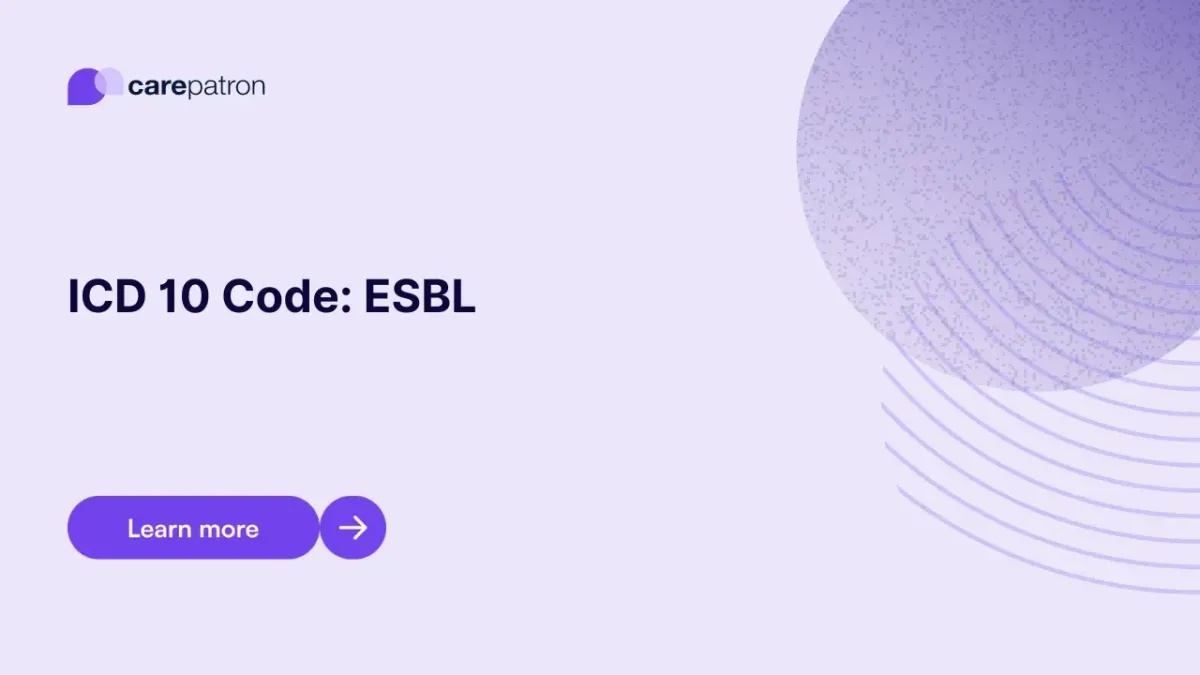
Commonly asked questions
Yes. Besides making bacteria resistant to antibiotics, they can prolong a person’s illness, and prolonged illnesses can lead to unwanted complications.
Yes. These bacteria are often found in healthcare facilities, so professionals must disinfect their workplaces and isolate patients to prevent the spread of these bacteria.
They will conduct special tests, such as Vitek ESBL tests and MicroScan Panels, to determine if the bacterial sample collected can produce ESBLs.
EHR and practice management software
Get started for free
*No credit card required
Free
$0/usd
Unlimited clients
Telehealth
1GB of storage
Client portal text
Automated billing and online payments
